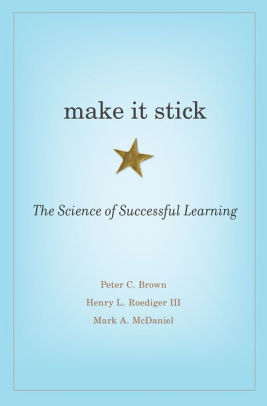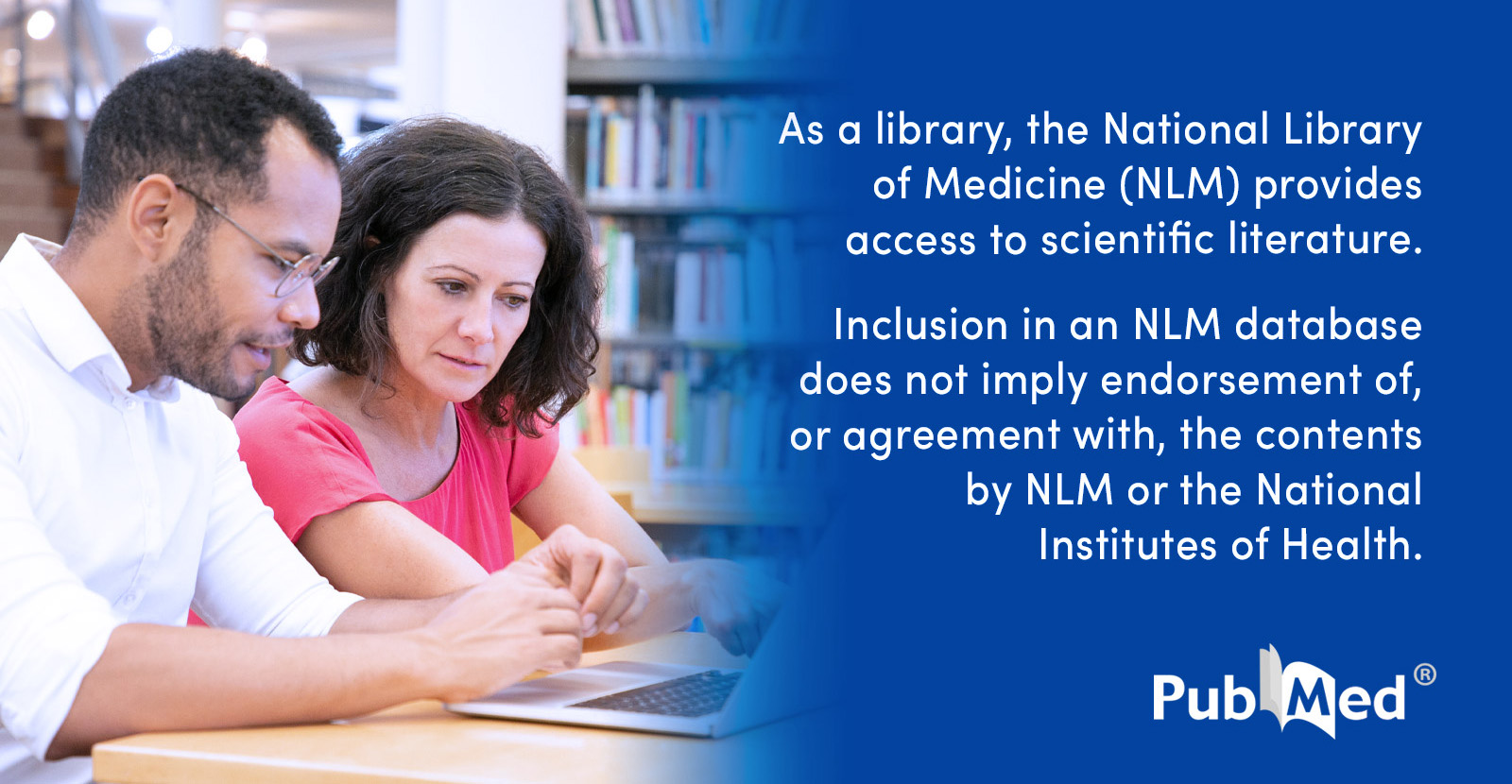M
mysterycel
Bronze
- Joined
- May 19, 2020
- Posts
- 408
- Reputation
- 844

Gather round looksmaxxers, I'm about to get a hit of dopamine dropping knowledge that I believe you all should know. First off, I want this thread to be a discussion in how we can maximize our effort and potential as a whole. I will be detailing in this OP what I know about self-learning with citations and methods that actually work from studying and experience. One of the biggest things that holds us back is our drive to succeed, we're bombarded with constant distractions, consumerism, empty knowledge, and the inability to actually conjure up the method of accomplishing the goals we want.
There is a few points of reference material that I will be laying out for you, all these points of reference stem from a book I bought 2 years ago called Make It Stick: The Science Of Successful Learning by Peter C. Brown. He is a retired management consultant and writer who basically got together a fuck ton of citations, anecdotal evidence in favor of said citations, and how you can maximize learning. In terms of genuine self-improvement, I would rate this book in the top 5 for Self-improvement next to Never Split The Difference by Chris Voss and How To Win Friends And Influence People. All 3 of these books have science (primarily neuroscience), big peer reviewed studies, and otherwise backing each one. This thread will be broken up into 3 parts alongside my nasolabial fold thread, which is going to be updated with my information and findings behind CO2 Laser treatment.
Done withholding information, without further wait, here you are.
1. Memorization Is Not Useless
Despite what people may misunderstand about school and how information retrieval works saying that testing is useless and memorization is just filling your brain with pointless facts is bullshit. Memorization and active recalling of information is one of the most valuable and strongest tools we can use to gain knowledge. It does not take long for us to see how this applies in the real world. For example, you wouldn't want a brain surgeon working on your brain that doesn't know how to stop the bleeding of a ruptured vein because they missed that class and forgot to memorize the rarity of this occurrence, right? While it doesn't happen often, if that surgeon didn't memorize the protocol of how to create a transfusion as fast as possible for blood and stop the bleeding, then you would be dead. The sentiment that memorization is useless is bluepilled bullshit they throw at you because they're afraid you might ruin their creativity if you use this knowledge, which is stupid.

The importance of remembering
Creativity in science requires the ability to recall information and data, and will suffer if we rely too much on technology to remember things for us.
2. Active Recall Is Important and Testing Is What Keeps Knowledge
When learning a new skill using memory, active recall is the mechanism which actually makes information stick. What this means is that, say you read a chapter of a book, in that book lets say you saw 3 key points. They will be in your memory for a short or long amount of time, it varies on importance and impact. Your goal is create a strategy that allows you to actively recall these 3 points of the book regardless of how it is in your memory. This is where testing comes into play. If you have a quiz ready at the end of each chapter you read, or you make an effort to test yourself at the end of a chapter, the chances of you retaining this knowledge go up exponentially and create neural pathways that connect more of your brain to each other that allows you to have greater cognitive skills. Testing is another one of the strongest tools we have to reflect on knowledge and build better learning strategies.

How to Learn Effectively in Medical School: Test Yourself, Learn Actively, and Repeat in Intervals
Students in medical school often feel overwhelmed by the excessive amount of factual knowledge they are obliged to learn. Although a large body of research on effective learning methods is published, scientifically based learning strategies are not a ...

Memory Recall After “Learning by Doing” and “Learning by Viewing”: Boundary Conditions of an Enactment Benefit
According to common sense, things one has done are remembered better than things done by others that one has observed. On first sight, findings concerning memory for actions appear in line with that preconception: Performed actions (“subject-performed ...
3. Re-reading Information Is Very Ineffective, Serotonin And Dopamine Very Important
Re reading and recycling information constantly in the form of cramming and studying is very ineffective. Once you read a passage of information, if you don't understand it, re-reading is essentially useless. This is because your brain is already aware of the information. One of the worst things you can do is believe that constantly re reading is actually effective. What's more so effective in instance is actually walking away from the information and to do something fun. When you do fun things, serotonin and dopamine release, which are both neurotransmitters that greatly play into the effect of how well you learn. What's going on is while the information may not be at the forefront of your mind, you are subconsciously creating neural pathways and connections that allow you to understand the information. Many people who takes a break from doing a difficult learning task for a few hours, days, or weeks, can often come back to it with a refined understanding and process information much better when taking another test. Serotonin and dopamine increase this by a lot. Now this doesn't mean go and rot your brains on video games and be unproductive, but you should be creating an environment around you where dopamine and serotonin are achieved in healthy ways. We'll go more into that another time.

Dopamine modulation of learning and memory in the prefrontal cortex: insights from studies in primates, rodents, and birds
In this review, we provide a brief overview over the current knowledge about the role of dopamine transmission in the prefrontal cortex during learning and memory. We discuss work in humans, monkeys, rats, and birds in order to provide a basis for comparison ...

Serotonin/dopamine interaction in learning - PubMed
Dopamine (DA)-serotonin interactions dealing with learning and memory functions have been apparent from experimental approaches over the past decade. However, since the former evidence showing that these cerebral neurotransmitter systems are involved in the regulation of the same cognitive...
4. Doing Is Extremely Important
This one is very obvious but I figure I might as well throw it in there. If you do not actually even make the first step in any subject you are interested in participating in no matter how much stuff you read, it is pointless. In fact, even before reading a bunch of stuff about a subject, you should attempt it. Your brain is constantly looking for things to do, and with that in mind, your brain is not slowing down any time soon. By even just doing something, your brains interest increases immensly, even if you do not know what the fuck you are doing. Just do it, literally.
5. Difficulty Is Important
Your brain likes challenge. The competitive mindset is seen everywhere, but there's no bigger competitor than your brain against anything else. When studying a difficult subject like math, many people believe that the best way to learn is to dive straight into simplicity. While there's nothing wrong with this approach, people who did this took longer to learn more advanced concepts. This intertwines with testing quite a lot actually. When initially diving into a subject, presenting yourself with a level of difficulty that is far beyond your reach at the current time actually very beneficial. While you might not understand it or make far on your attempt of one of mathematics unsolved equations, even being presented the problem alone makes your brain curious and want to strive for much more. Outside of outlandish difficulty, if your brain isn't challenged to complete something, then you are far less inclined to actually complete the task of learning.
6. Constant Practice Of The Same Thing Is Ineffective, Grinding Is Bad, Multiple Practices Styles
If you are learning a skill, one of the most fundamentally flawed pieces of knowledge you've probably been fed is the practice-practice-practice notion. Let's say you are learning rudiments on a snare drum, and you wake up everyday and you practice these rudiments for 30 minutes. That is good to do, initially. Like we mentioned earlier though, this information is now in your head already though. Even after you complete the first rudiment properly. We also now know you learn best when you use active recall. If you are constantly practicing the same thing every single day, all you are doing is allowing it to constantly stay in your memory. The best way to actually refine this, is by switching up your practice and practice time. Maybe you don't do the 15 rudiments you've already learned, and instead you learn 15 new ones, and then the day after that you learn another 15, and then that next day, you go back to the original 15 you learned. You are now giving your brain time to actually create the neural pathways to reinforce knowledge, you are learning new information, and you are actively recalling these things, which is allowing you to create strong neural pathways.
This also brings us to the different styles of practicing. Spaced Practice is the application of using time to your advantage. Since we know above that letting your brain have a little fun here and there, supplementing it with dopamine and serotonin creates very strong neural pathways, allows you to solve difficult problems, then what better way than to apply the same thing to practice. Instead of learning as much as you can in one day, spread your learning out over time and know your limits. If you can read 3 chapters a day on a subject and reflect on them in a healthy way, do that. If you need to take 3 days to read a single chapter, then do that. Information processing is still very key in the learning process and speeds are variable, you do not need to read a whole book every day.

Spacing Repetitions Over Long Timescales: A Review and a Reconsolidation Explanation
Recent accounts of the spacing effect have proposed molecular explanations that explain spacing over short, but not long timescales. In the first half of this paper, we review research on the spacing effect that has employed spaces of 24 h or more across ...
On top of spaced practice, there is also Mixed Practice. The idea is basically what we talked about when it comes to difficulty. We'll come back to the drumming example. Instead of just practicing 15 rudiments straight, switch up your practice. So perhaps you practice a song, then you practice a rudiment, then you practice accenting, then you practice paradiddles, then you practice rudiments, and then you practice accenting, then practice a song, etc. You are allowing your brain to do what we mentioned above, your giving it time to step away from each individual problem, your giving it a chance to see a new problem, you're building better neural pathways, you are creating serotonin, you are creating dopamine, you are creating all of these things by creating difficulty. Sure you won't be as effective as first, but as we've already now learned above, when you revisit these practices within a week, and create these spaces, you will notice vast improvements.

Practice makes perfect: the critical role of mixed practice in the acquisition of ECG interpretation skills - PubMed
These experiments highlight two important features in the design of instructional materials. First, learning around the features of the problem (analogous to problem-based learning) may have no advantages over learning the category. Second, the design and organization of deliberate practice can...
Which brings us to varied practice. I like the drum example, so we'll keep using it. So when you practice these rudiments, one of the best ways to refine the practice is constantly adjust and switch up your playing. So lets say you're practicing your rudiments at 30 BPM, that's good. Now do it at 120BPM, you might fuck up, that's okay. Then go to 50BPM, then go to 80BPM, then to 20BPM, then to 70BPM, then to 140BPM. Switch up your practice, constantly. If you haven't caught on by now, these things are all intertwined. I don't know if I even need to explain why this practice is effective, at this point you should understand, active recall, your brain walking away, serotonin, dopamine, difficulty, different styles of practicing. It's all so fucking important. It works.

Variable practice versus constant practice in the acquisition of wheelchair propulsive speeds - PubMed
Previous studies have demonstrated that varied practice (involving several versions of a skill) has advantage over constant practice (involving only one version of a skill) in learning a motor skill. However, the support for variable practice mainly came from studies using discrete motor skills...
7. Facts Are The Seeds and Concept Is The Flower
One of the best ways of understanding that we actually learned something of value is through the vision of Conceptualization. If we have a garden, facts are the seeds for the garden and concepts are the flowers that come from the seeds. When learning a difficult skill, you would be able to also know that knowledge is quite transferable among the concept. For example, lets use games. If we know in games the concept of Mechanics, then we are able to understand that every game has a different mechanic amongst playing it. This concept applies to everywhere. Mechanics that exist in DOTA are comparable to League, but if you take these 2 games and the concept, you can apply the same understanding of abstraction from DOTA to Counter Strike, Counter Strike to Puzzle Games, etc. Conceptualization is very important, abstract thinking is the measurement we can use to know that our learning is effective, and allows us to discern information we know is true for information we know is false, and the translation of it across multiple mediums.

Teaching Concepts Versus Facts in Developmental Biology
Points of View (POV) address issues faced by many people within the life science education community. CBE—Life Sciences Education (CBE-LSE) publishes the POV Feature to present two or more opinions published side-by-side on a common topic. We ...
For now that's all. Tl;dr for your ADHD Low IQers Maniacs:
learn to memorize shit it's extremely valuable, actively recalling is what makes you actually smart and not a fucking idiot, don't re read stuff you already know the shit you stupid faggot just test yourself or walk away and trip on dopamine and serotonin, if you are gonna learn how to paint actually paint just don't sit around and read like a faggot, challenge yourself and dive head first into difficult things, ACTUALLY READ PART 6. THERE IS NO TLDR, you'll know you actually learned stuff if you understand the concept that is presented after.
Last edited:


